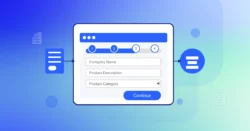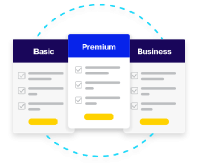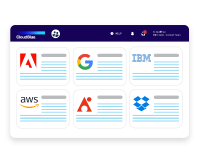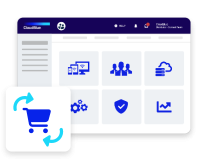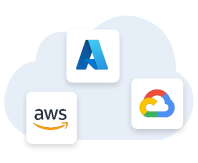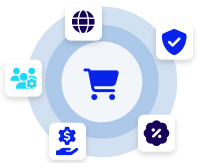Procurement as a Service (PaaS) is a business model where companies outsource their procurement tasks to specialized providers.
Instead of managing procurement internally, businesses rely on external experts to handle purchasing, supplier management, and contract negotiations. This model leverages market expertise and advanced procurement software to streamline the purchasing process.
PaaS is especially popular among companies seeking to optimize costs and access specialized procurement capabilities without expanding their internal teams.
Key Advantages of Procurement as a Service
One of the main advantages of Procurement as a Service is increased efficiency through automation. PaaS providers use advanced software to automate repetitive procurement tasks, such as purchase orders and supplier communication. This reduces manual workloads and minimizes human errors.
Additionally, companies gain access to procurement specialists who have deep market knowledge and established supplier networks, enabling them to secure better contracts and reduce overall costs.
Another critical benefit is scalability. Businesses can adjust procurement services as needed, whether expanding into new markets or managing seasonal demand spikes. This flexibility allows companies to remain agile while keeping procurement processes running smoothly.
PaaS ensures compliance with industry regulations and internal procurement policies, reducing risks associated with vendor management.
How PaaS Supports IT Procurement in SaaS Companies
For SaaS companies, Procurement as a Service plays a vital role in IT procurement. These businesses often require specialized software, cloud services, and IT infrastructure to support their operations.
PaaS providers manage the entire procurement cycle, from sourcing vendors to negotiating contracts and ensuring timely software deployment. By outsourcing IT procurement, SaaS companies can focus on their core business while leaving the complexities of vendor selection and contract management to experts.
Procurement as a Service also enables SaaS businesses to stay competitive by rapidly acquiring the latest technologies and integrating them into their platforms. This ensures that SaaS providers can continually enhance their service offerings while keeping operational costs in check.




